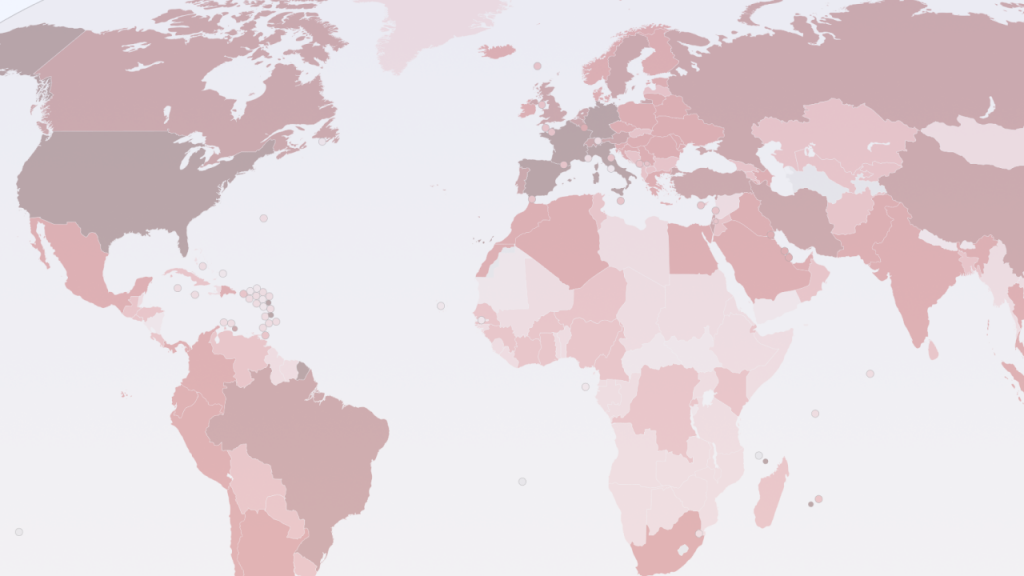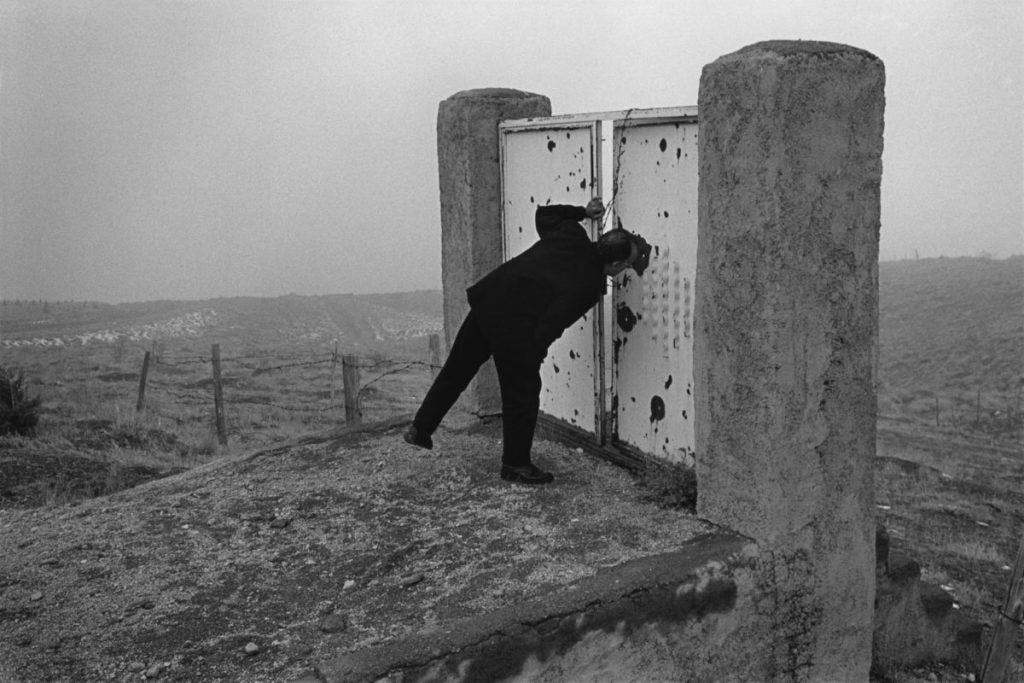Bus Drivers and Fire Walkers: A Conversation between Niloufar Talebi and Amir Ahmadi Arian
We live in a world where millions of people grow up in one language and live and work in another, yet the stories of migrations across languages are rarely told.
We live in a world where millions of people grow up in one language and live and work in another, yet the stories of migrations across languages are rarely told.








